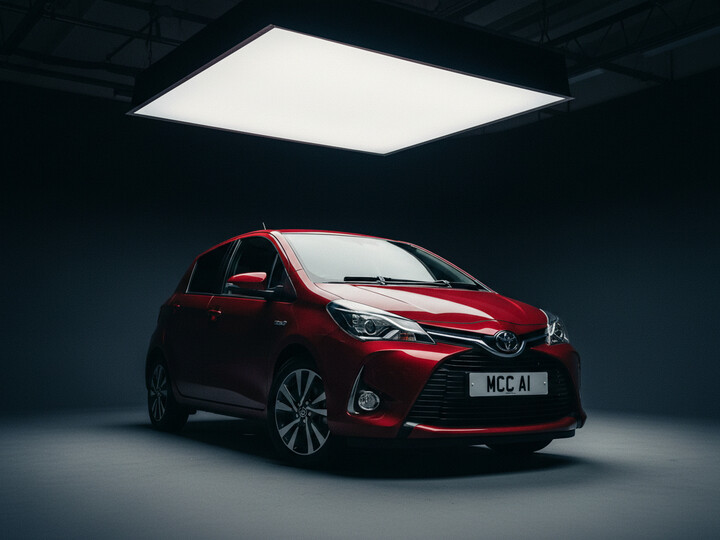TOYOTA YARIS (2017-20)

Buyer's Guide & Data from our Checks
The TOYOTA YARIS (2017-20) is a popular and reliable small hatchback that fits well in the UK’s city driving and commuting scene. Known for its compact size and ease of maneuvering, it is often chosen by first-time drivers, city dwellers, and those seeking a fuel-efficient car for everyday use. Data from mycarcheck.com shows a high number of over 30,000 lookups, indicating strong interest and confidence in this model. With an average mileage of around 28,000 miles and typically just over one previous owner, the Yaris (2017-20) is generally regarded as a dependable vehicle with a good history record.
In terms of features, the Yaris stands out for its economical fuel consumption, comfortable drive, and reputation for long-term reliability. It is often used for daily commuting, school runs, or short trips, making it ideal for individuals or small families. Compared to other similar models in its class, the Yaris is recognized for its sharp design, practical interior, and low running costs, setting it apart as a practical choice for cost-conscious buyers.
Overall, the TOYOTA YARIS (2017-20) is noted for its balance of affordability, reliability, and ease of use. Its consistent popularity on the used car market reflects its appeal to a broad range of drivers seeking a dependable vehicle that performs well in everyday scenarios. The high number of checks and positive data reinforce its strong reputation among used cars in the UK.
Key Findings
The following statistics are drawn from our checks of 10,745 different vehicles, run between February 17th 2021 and December 31st 2025. These real-world insights provide context for this vehicle's place in the market, as well as its typical usage.
30,409
Lookups
Lookups
628
Hidden Histories
Hidden Histories
35k
Average Mileage
Average Mileage
£11,000
Average Valuation
Average Valuation












